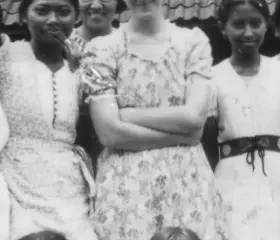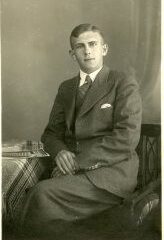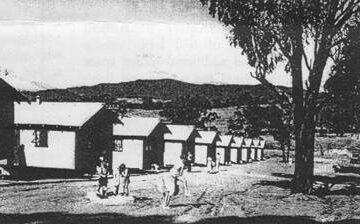Read his full Wikipedia article here.

Alexander Jan Reitsma (1919-1982) was a distinguished Dutch economist whose career bridged three continents, making significant contributions to the fields of international economics and trade policy. Born in Dordrecht, the Netherlands, he began his academic journey at the Netherlands University for Economics, earning advanced degrees in the early 1940s. His early professional years included work with the Netherlands Indies Civil Administration in Indonesia, where he played a role in the post-war reconstruction efforts.
Reitsma’s career took a pivotal turn when he moved to Brisbane, Australia, in 1950. At the University of Queensland, he became one of the first Dutch academics in an Australian university, focusing on international economics. His groundbreaking research on Australia’s trade policy, culminating in a landmark doctoral thesis, challenged the prevailing views on trade protection and laid the groundwork for later economic reforms in Australia.
In 1963, Reitsma returned to the Netherlands to assume a professorship at the Netherlands University for Economics in Rotterdam, which later became Erasmus University. His research shifted towards European monetary integration, aligning with the European Community’s efforts towards economic and monetary union. His work critically examined the advantages and challenges of integration, contributing to the broader academic discourse on optimal currency areas.
Reitsma’s legacy is one of intellectual rigor, reflecting his ability to synthesize complex economic theories with empirical analysis. His life and work remain an inspiring testament to the interconnectedness of economic thought and the power of cross-cultural academic exchange.


